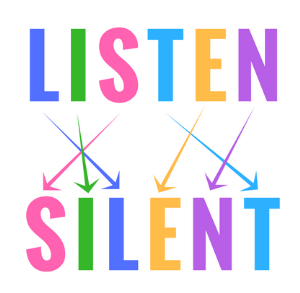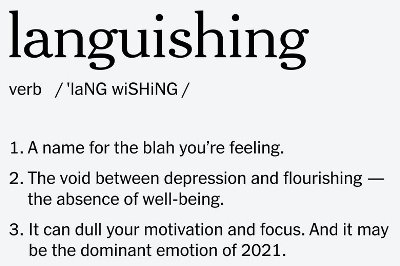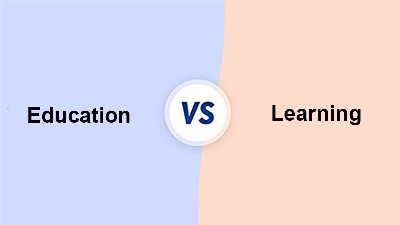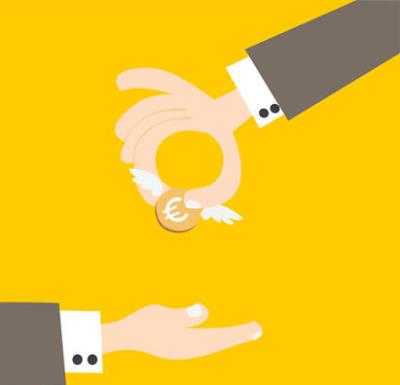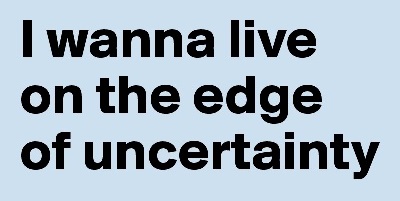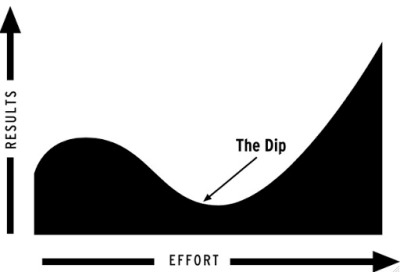In this post ‘Ending it gracefully‘, Seth Godin reminds us how it is important to anticipate that most initiatives will end and probably “fail” at some stage. And it is typically at those moments that we need to be able to remain graceful.
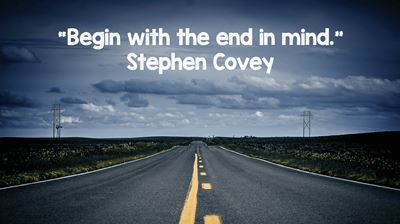
“You can pull out every stop, fight every step of the way, mortgage your house and your reputation–and still fail. Or, perhaps, you can quit in a huff at the first feeling of frustration. The best path is clearly somewhere between the two. And yet, too often, we leave this choice unexamined. Deciding how and when to quit before you begin is far easier and more effective than making ad hoc decisions under pressure.”
However, more importantly I believe is the capacity to be grateful to what happened before the end, and be graceful to all of those that have supported and participated to the adventure. The worst is when the end is the start of a long-winded drama.
Most initiatives we take will end eventually, and not always in the best of situations. Let’s learn the skill of ending gracefully and moving on.

